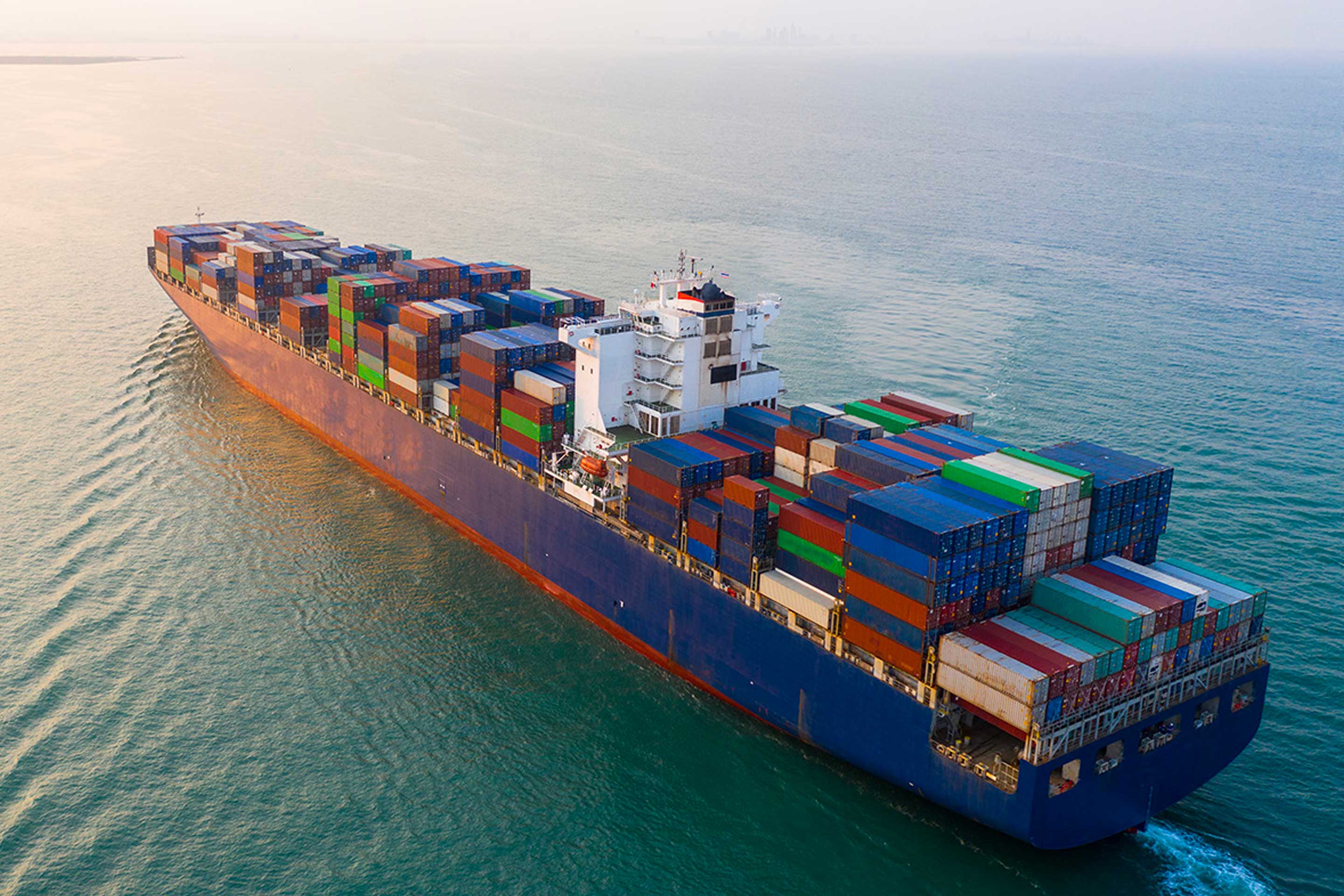Over the last year, Accelleron has launched two new types of service agreements, Turbo SmartCare and Turbo AuxiliaryCare, and both have reportedly been already positively received in the market.
Turbo SmartCare, suitable for marine applications and specifically medium-speed engines, is described as “a digitally enhanced and comprehensive service agreement” covering services and spare parts, including wear and tear as well as labor. Under the terms of the agreement, Accelleron also uses operational turbocharger data to further optimize the maintenance process, tailor it to the specific requirements of the installation and provide additional, actionable insights to the operator, such as early warnings in case of observed anomalies in the data received.
By contrast, Turbo AuxiliaryCare is a service agreement for marine auxiliary engines on a fixed price, paid-by-event basis, that covers labor, wear and tear, transport and any spare parts needed. In this case the service is undertaken by replacing the on-engine turbocharger with an exchange unit supplied ahead of service activity starting, allowing customers to reduce downtime while minimizing investment. Exchange units can either be supplied from Accelleron’s pool of replacement turbochargers held at hubs around the world or the customer can opt to use one of its own exchange units.
Accelleron has also continued to extend its turbocharger upgrade portfolio With the TPL67-C8X and TPL71-C8X being its latest upgrade solutions. Dr Thorsten Bosse, head of global service product management, says: “A new design and improved materials has allowed us to increase the exchange interval of the rotating components by 50%. This has been a highly sought-after benefit for the customer and which comes in addition to about 4% efficiency increase.”
 Dr Thorsten Bosse
Dr Thorsten Bosse
He continues; “These component upgrades require us to only change the rotating components of the turbocharger with newly developed ones, which means the required downtime and the complexity of the implementation is the same as for a standard service. Existing casings can be reused, which is not only commercially beneficial but also contributes to a sustainable use of the turbocharger over its lifecycle.”
Furthermore, in another important initiative, Accelleron has been working to get its turbocharger upgrade portfolio ready for future fuels and related engine modifications, to boost decarbonization and foster sustainability. Bosse says: “The good news is our turbocharger technology is ready to cope with future fuels like methanol, bio-diesel and even ammonia. Since the use of these fuels will come at an additional cost for the operator, we clearly see a trend towards more upgrade solutions in the market, even if these solutions provide ‘only’ a few percentage points of fuel efficiency gain.”
Accelleron reports that it has carried out a number of interesting upgrades and retrofit projects over the last year including one with an engine builder partner involving a two-stroke engine retrofit. According to Bosse: “In this case a radical derating is applied to the engine by significantly reducing the engine bore size, which also requires retrofitting the turbocharger. This generates up to a 15% improvement in engine efficiency. Even more importantly, it reduces the ship’s Carbon Intensity Index (Cll) and allows the operator to extend Cll compliance by three to five years, Such projects are new in the market and may be seen more widely in the near future.”
Reflecting on business over the past year, Bosse says that service activity has picked up again with the pandemic fading, with the exception of the cruise market segment, which is still “lagging behind”. However, he adds: “The availability of spare parts and service personnel has become even more important and can be seen as a clear differentiator among market players.”
To provide greater stability and predictability to customers, Accelleron has signed several new long-term service agreements recently. An example is its latest Turbo MarineCare agreement, which was signed with AMCL in Hong Kong earlier this year.
Accelleron will provide fixed-price turbocharger servicing for five vessels belonging to the company over an initial five-year period and the agreement covers servicing for 10 A175-L turbochargers on the AMCL operated vessels. AMCL will also gain access to Accelleron’s intuitive digital platform, Loreka which provides access to fleet-wide turbocharger health indicators with accompanying advisories provided by in-house experts. Furthermore. AMCL will have a single point of contact at Accelleron who will co-ordinate all maintenance activities, with only one purchase order and invoice issued for each servicing event, thereby significantly reducing the administrative burden for the shipowner.














